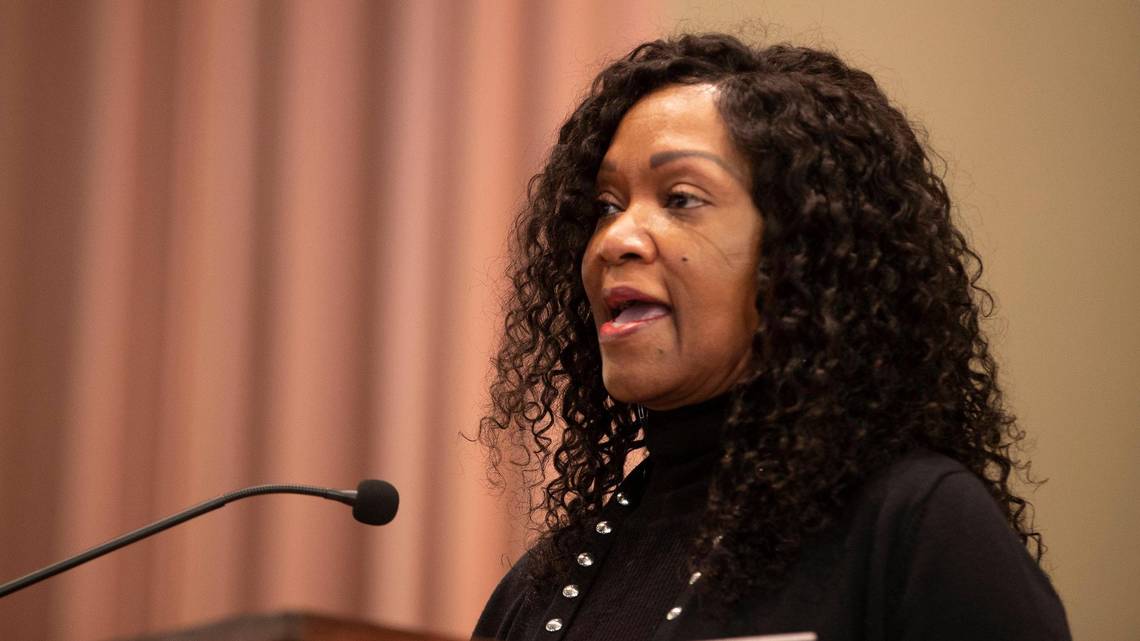Urban League of Greater Kansas City Lawsuit Moves Forward

KANSAS CITY – Gwen Grant, President and CEO of the Urban League of Greater Kansas City (Kansas City, MO), is fighting for the taxpayers of Kansas City.
In a lawsuit filed by Grant on behalf of the city’s taxpayers, she is claiming that the Board of Police Commissioners system is “Taxation without Representation,” which violates the state’s Hancock’s Amendment.
The Kansas City police are overseen by a five-member board of commissioners. The state governor appoints four of the five members, with the fifth chosen by the mayor of Kansas City. No other major city in the country operates in this fashion.
Grant also argues that the system violates the Equal Protection clause of the Constitution, as it originally began with a discriminatory purpose and has a discriminatory impact on the state’s Black populace.
The lawsuit moves forward as a Jackson County judge denied the police board’s motion to dismiss the case.
While Grant is pleased that her lawsuit is moving forward, she understands that there is more work to do.
She said, “Since the beginning of the Civil War, citizens in Missouri’s two most heavily African American cities have been singled out and stripped of local control over their own police. It is amazing and sad that this system – which treats Missouri’s African American population centers one way and all other communities another – persists to this day. The Court’s denial of the Police Board’s motion to dismiss clears the way for a long-overdue constitutional challenge to this antiquated system, and the antiquated values it represents.”
She can count on the support of the Kansas City mayor, Quinton Lucas, who agrees with the suit.
Said the mayor, “Local people should have a say in how all government works, including and particularly, law enforcement. I commend her and others who have continued asking important questions in a system that undermines the voice of Kansas Citians, particularly our minority residents.”
To get further information, please read the original article here.

